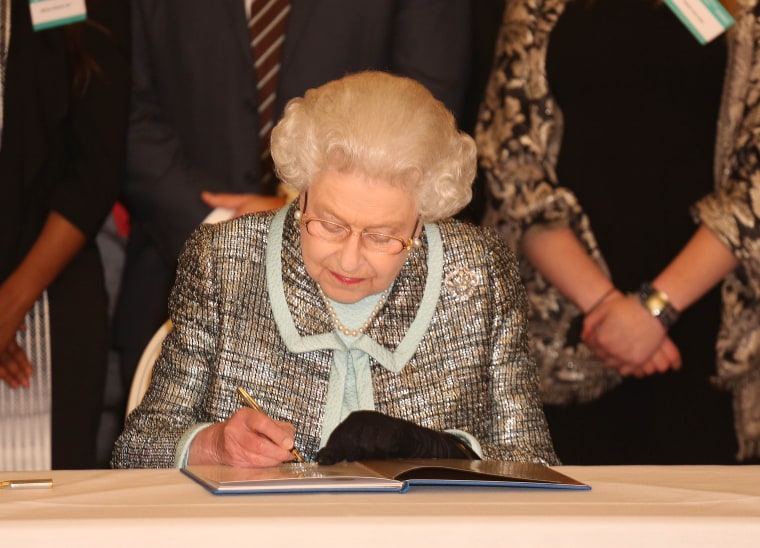Queen Elizabeth II made history on Monday when she signed a new Commonwealth Charter at the Marlborough House in Central London. The Commonwealth Charter is the first document to be agreed to by the 54 member states where the 16-point document covers fundamental values and principles from democracy and rule of law, to freedom of expression and gender equality.
Within the charter the concept of gender equality is clearly endorsed. It states, "We recognize that gender equality and women’s empowerment are essential components of human development and basic human rights.” The document made clear that the Queen supports new laws which give men and women equal rights--including equal access to the throne. Her grandson William's firstborn child, regardless of gender, will eventually reign.
The issue of gay rights is not quite as clear. The Commonwealth Charter also declares, “We are implacably opposed to all forms of discrimination, whether rooted in gender, race, color, creed, political belief, of other grounds.” During a pre-recorded televised speech the Queen said, “Our shared values of peace, democracy, development, justice and human rights--which are found in our new Commonwealth Charter--mean that we place special emphasis on including everyone in this goal, especially those who are vulnerable." Her emphasis on the idea of “including everybody” was widely seen as support for gay rights, an end to discrimination and possibly support for same-sex marriage--but there was no explicit endorsement of those policies.
The Daily Mail reported that the queen “is aware of the implication of the charter’s implicit support of gay rights and commitment to gender equality.” This is the first time that the Commonwealth countries have adopted a single document outlining these values. However, since the charter does not explicitly say anything about gay rights, it is only a symbolic step for many of the Commonwealth countries. Only 13 of the 54 British Commonwealth countries say homosexuality is legal, so it will take a lot more than a Commonwealth Charter for gays to be granted equal rights in the 41 other nations.
This was the 86-year-old Queen’s first official royal engagement since leaving the hospital where she was being treated for a stomach bug last week.
